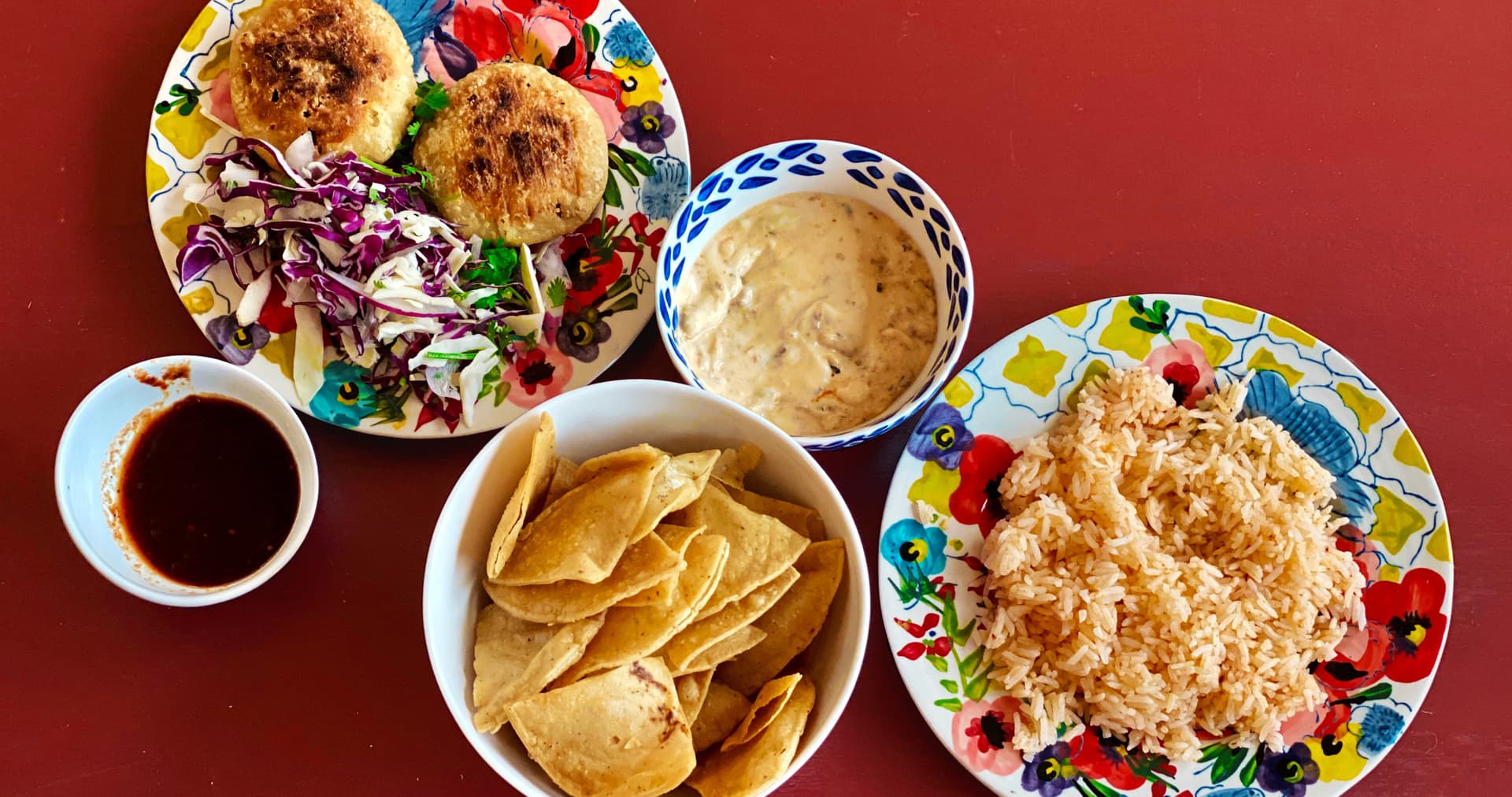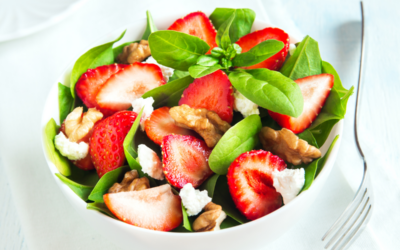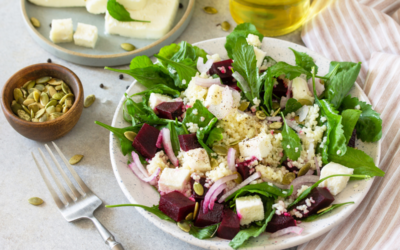In the past few years Carb cycling has become an popular health and fitness approach to losing fat. Regulating your carb intake is one of the fastest ways to reach your fat loss goals. But carbohydrates are a vital and important macronutrient for your body, along with the other macronutrients, proteins and fats. They are not only delicious, they are the body’s main source of energy–fueling your heart, brain, nervous system and kidneys.
In conjunction with the other macronutrients, consuming complex carbs (in moderation), as they keep your body healthy and viable, can also help tremendously with muscle gain. However, eating too many carbs without tracking them, or getting adequate exercise can cause you to gain unwanted pounds, belly fat, and constant spikes in your blood sugar.
So how can you eat and enjoy carbs, and gain lean muscle without gaining a ton of fat in your belly area? The answer is through carb cycling.

What is Carb Cycling?
Carb cycling is alternating, cycling your carb intake. Whether you choose to do this daily, weekly, or monthly depends on your health and fitness goals.
Carb cycling was originally used by athletes and bodybuilders who trained consistently, consuming more carbs on high activity days, and fewer carbs on low activity or rest days. While carb cycling is a type of diet it’s considered more flexible than other diets–like the Keto diet that completely restricts your carbohydrate intake through the duration of the diet.
Not only is carb cycling effective for muscle building and fat loss, it is also healthier for your psyche as you’re not completely removing them from your diet. While we recommend eating complex carbs (like whole grains and fruits), over simple carbs (like table sugars and syrups), with carb cycling you can technically eat any carb, and still reach your fat loss goals.
Losing fat, or weight with carb cycling may seem tricky for beginners, but it’s actually really simple once you get familiar with macronutrients and tracking food. The most effective way to use carb cycling is to first find out what daily macros you should consume for your weight, height, fitness level, and body type. If fat loss is your goal, reduce your carb intake on days when you aren’t active, and raise your carb intake on high activity and/or weight training days to promote muscle growth. Provided you are consistent with carb cycling you can start to see results in as little as two weeks.
Experts advise those interested in carb cycling to follow a daily cycling plan, controlling your carb intake with accurate tracking. On high carb days you would allow carbs to make up 45 to 55 percent of your daily intake. Typically on these days intense or high activity workouts will be fueled with these carbs.

The following day you would consume moderate carbs as your muscles recover and have a lower intensity workout session. Carb intake on moderate carb days would consist of 30 to 45 percent of your food intake.
The next day you would consume low carbs, with carb consumption consisting between 20 to 25 percent food intake. On low carb days you would not engage in any rigorous exercise, and would rest instead (or watch Netflix).
The effectiveness of Carb cycling
Like any diet carb cycling is most effective when you are consistent and goal oriented. While carb cycling allows for flexible dieting, you will see the most results when you are accurately tracking them, working out, and following a plan. Optimally, on low carb/rest days your body will use body will use your fat stores for energy, increasing your calorie burn.
As long as carb cycling is practiced along with a calorie deficit, weight loss is inevitable.

Do I have to train hard for carb cycling to be effective?
No, while carb cycling is used by bodybuilders and athletes to enhance performance, fitness, and fat loss, it can be used by anyone to achieve these same goals. As long as you are consistent and have some type of an exercise routine, carb cycling can work for you.
Be sure to consult with a nutritionist and trainer before starting your carb cycling journey for personalized advice for your body type and fitness goals.


















